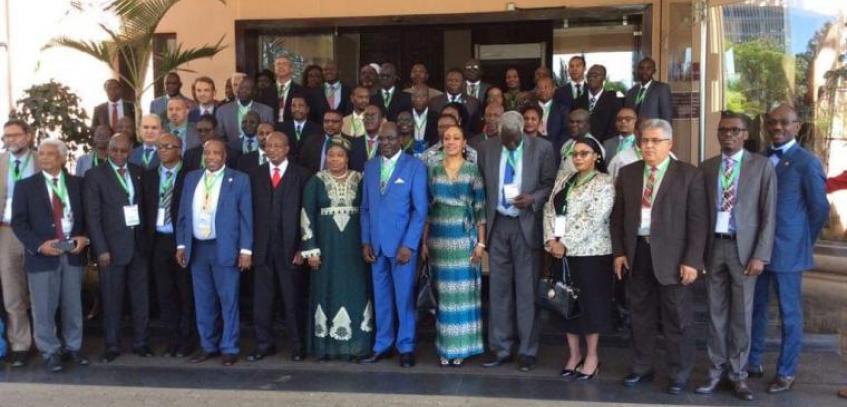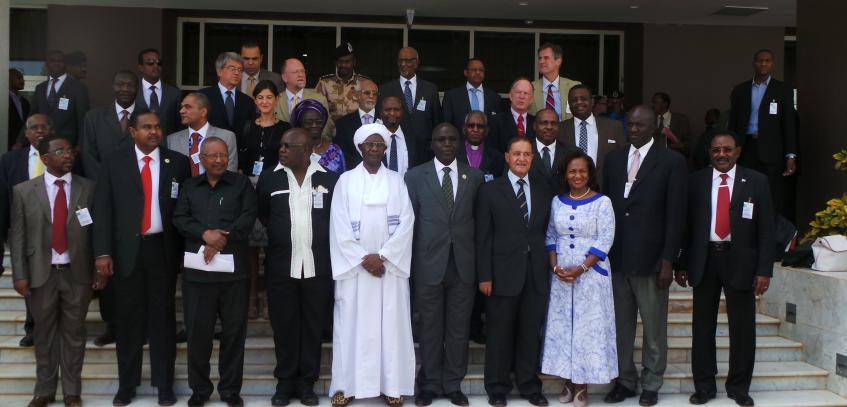In urban environments, people and pollution often come together, requiring a concerted effort to reduce human exposure and health impacts. Many of the most rapidly growing urban areas in developing countries experience significant health and climate impacts from air pollution, but have limited data, resources and capacity to address it. EPA’s Megacities Partnership assists targeted countries as they develop air quality management plans, using an approach that can be applied across cities in Africa and other areas around the world.
Accra, Ghana
The first Megacity Partnership, in Accra, Ghana, showed how decision support tools, such as the Environmental Benefits Mapping and Analysis Program-Community Edition (BenMAP-CE) tool, could be used in a wide variety of situations to assess the health burden of air pollution and potential benefits of air quality improvement programs. Under the Partnership, Ghana EPA staff were trained to analyze the benefits of air pollution control, including healthier populations and economic productivity, and to compare costs to set priorities. In addition, under the Partnership EPA is assisting Ghana EPA to manage their air quality monitoring data.
EPA built upon Ghana EPA’s experience using air quality monitoring and analysis to strengthen their understanding of pollution sources and prioritize reductions. These priorities were then included in an air quality management plan that identifies areas for action, including revised national ambient air quality standards and vehicle emissions testing. Many other African cities can usefully follow the Ghana EPA example of assessing air quality, understanding the benefits of taking action, and developing a plan to take action. This project serves as a replicable model for air quality management planning.
Addis Ababa, Ethiopia
In the second Megacity Partnership in Africa, EPA is working to develop an integrated air quality action plan for Addis Ababa, Ethiopia. This work is being undertaken in collaboration with the Addis Ababa EPA; Ethiopian Ministry of Environment, Forest and Climate Change; the Addis Ababa Mayor’s office and the Ethiopian Meteorological Agency. EPA will also collaborate with UN Environment on a technical training program to build capacity on air quality assessment and communications/awareness-raising.
Next steps include a review of available information to analyze the current health burden and priority emissions sectors. To begin this work, formal requests for data have been made with the Addis Ababa EPA.













